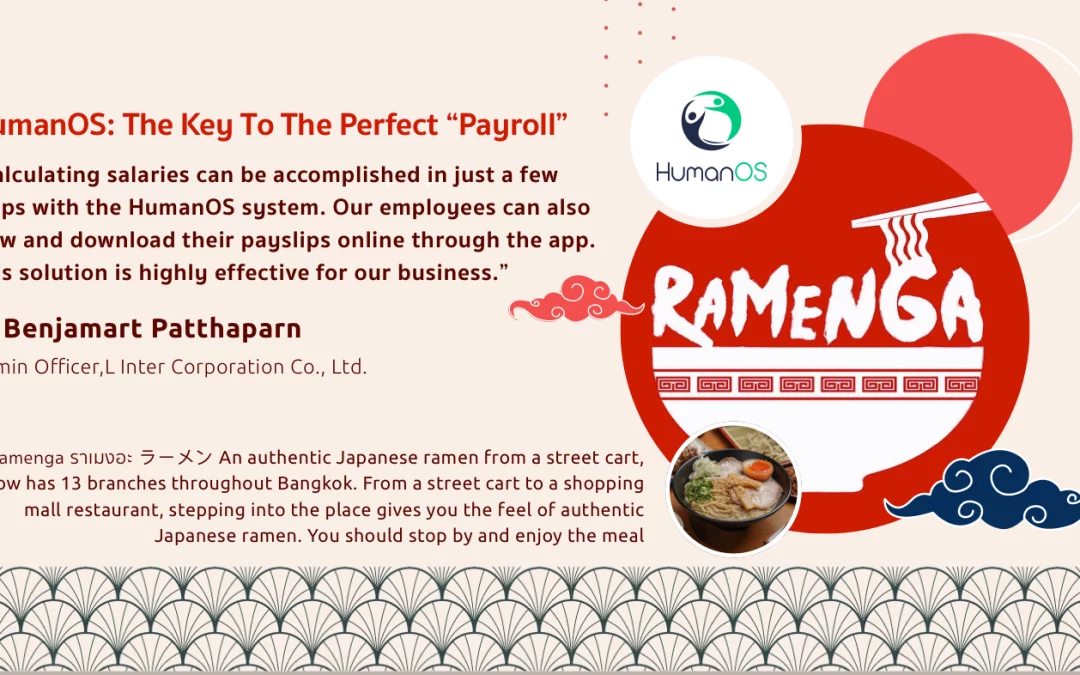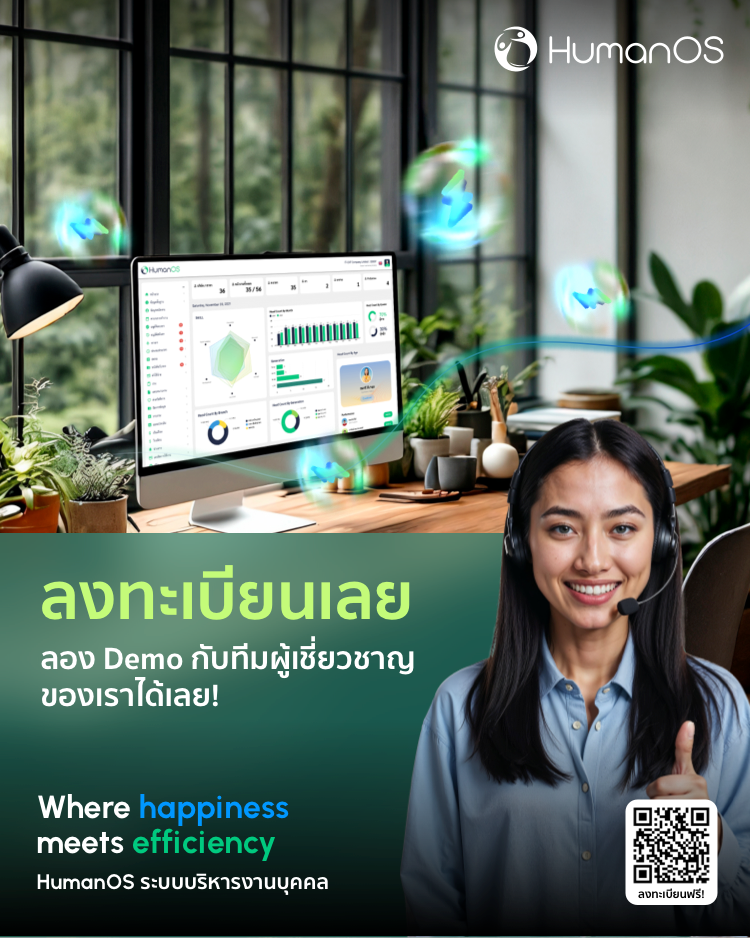1. Recruitment and Acquisition
In the field of HR, the process of recruiting can often involve spending hundreds of hours scanning personal histories and numerous online job profiles in order to hire suitable employees. With the assistance of Artificial Intelligence (AI), HR can utilize an unbiased selection process for recruitment. Furthermore, AI can aid in conducting background checks on applicants in various aspects. For example, it can help gather information from various social media profiles, as well as online work histories and educational qualifications of candidates. This helps enhance the applicant ranking system
2. Onboarding:
AI can also be used to streamline and improve the onboarding and training processes for new employees. New companies invest a significant amount of time and effort to make the employee onboarding process systematic. Giving attention to new employees is essential in today’s era, and AI assists in presenting various components to new employees in a more accessible manner. It aids in decision-making and problem-solving during the onboarding and training of new employees. AI makes the process of employee onboarding easier by presenting the various learning materials to new employees.
3. Training
AI can present different approaches to the HR department for managing employee training and performance evaluation. By identifying the existing skills of employees and the skills that need further development, AI can personalize training programs for each individual employee. Many companies use online learning programs for employee training, but these programs may not align with or develop specific skills for each employee.
AI can offer targeted learning experiences to new employees and also revolutionize the analysis of employee data. Proper utilization of AI helps identify limitations, challenges, or obstacles in the process of transferring new employees from one department to another. The HR department can create an efficient training process by inputting data on the skills, expertise, and interests of new employees, ensuring effectiveness.
4. Administration
Under HR management, there are various responsibilities, such as internal communication, document management, email tracking, compliance management, payroll management, performance evaluation, and other recurring tasks. These routine tasks require significant time and energy from HR professionals.
However, with AI, these tasks can be automated. AI-powered management software is designed to handle task delegation, facilitate collaboration with different departments, and ensure organized planning, execution, and tracking of tasks. It greatly enhances work efficiency.
5. Retention
AI assists the HR team in employee retention within an organization. While AI cannot replace the need for meetings or personal conversations with the team, it can provide and suggest data to support employees at all levels. It can recommend activities that foster a sense of organizational commitment when employees have access to supportive systems. The higher the employee satisfaction with the various supportive systems they can access, the greater the sense of loyalty towards the organization.
HR often performs repetitive tasks, but when AI takes care of these tasks, the HR team can dedicate themselves to solving complex issues. Some AI systems are designed to familiarize themselves with employees who may be seeking opportunities outside the organization. The system analyzes computer activities and employee access data. With this information, the HR team can take appropriate actions to retain those employees promptly.
6. Schedule Maintenance
Most companies have interconnected departments, and scheduling daily tasks becomes increasingly challenging, especially with the hybrid or work-from-home work arrangements. For the HR team, considering the organizational calendar often becomes difficult and is frequently prioritized low. There are instances where HR may overlook or forget certain organizational activities.
AI can be utilized to effectively organize and manage the personal calendars of all employees. It can provide reminders for upcoming activities, task deadlines, preparations, meetings, and future responsibilities, ensuring alignment among all departments. By efficiently managing daily schedules that are synchronized with other team members, AI allows employees to allocate more time and importance to crucial tasks. This ultimately enhances the productivity of the organization.
7. Response to Queries
AI can create HR chatbots that can assist in answering employee questions within an organization. This is particularly helpful when HR needs to address a large volume of inquiries from both new and existing employees. AI-powered chatbots for answering questions significantly save time.
With AI, HR can save time spent on explaining policies, such as insurance policies, workdays, expense management, and other related queries. By delegating these questions to AI, HR professionals can prioritize tasks, create a conducive work environment, and maximize employee satisfaction.
When considering the use of AI in HR
there are a few key points to keep in mind. While utilizing AI technology in HR and recruitment offers several benefits, the use of AI for critical decision-making within an organization should be given utmost importance and caution. HR teams that are unfamiliar or inexperienced with AI usage may need additional guidance to ensure effective implementation and avoid potential future consequences.
The most significant challenge in using AI is the lack of empathy and human understanding. AI cannot handle communication and interpersonal interactions like humans do. When using AI, it is crucial to carefully consider the impact of AI on candidate assessment. While AI can effectively manage repetitive tasks and some aspects of HR administration, more complex matters, such as those related to human emotions and perceptions, still require the involvement of skilled HR professionals
credit :





